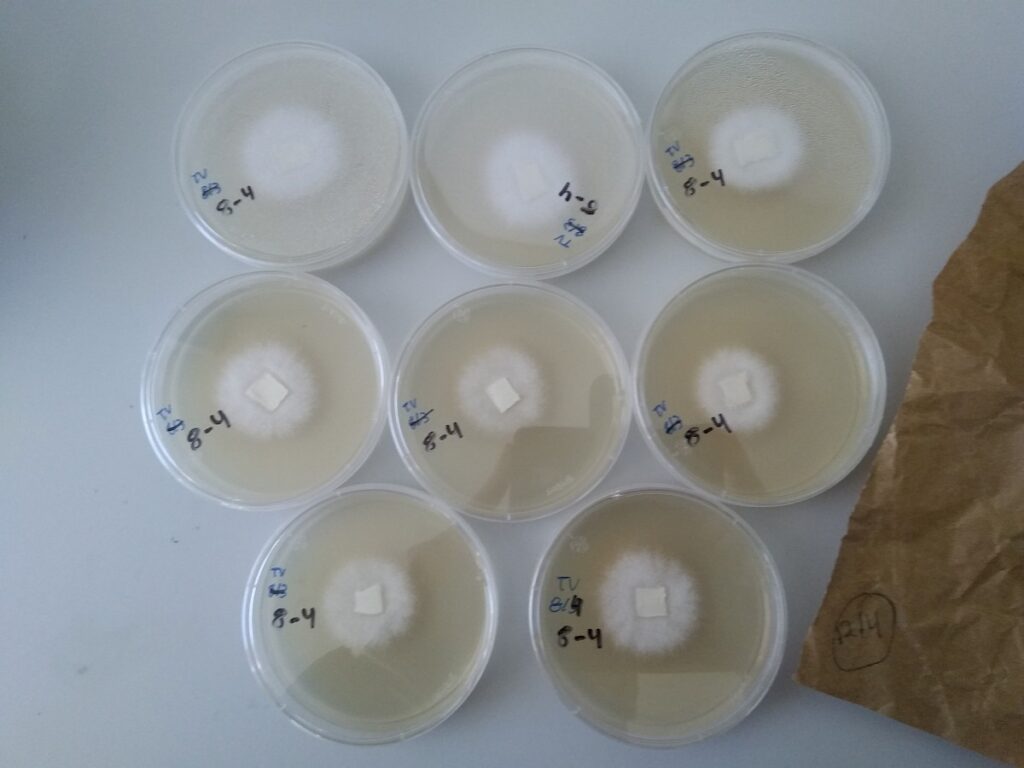A study led by the Faculty of Science and Technology of the University of Coimbra (FCTUC) suggests that pre-treatments based on ligninolytic fungi can help in the production of paper pulp without compromising its quality.
Ricardo da Costa, researcher at the Department of Chemistry, and Maria da Graça Carvalho, professor at the Department of Chemical Engineering, are the main authors of the article “Reduced Recalcitrance and Improved Pulp Properties in Eucalypt Woods Pretreated with White-Rot Fungi and Mild Alkali”, published in the magazine Industrial & Engineering Chemistry Research from the American Chemical Society.
«Certain pre-treatments of wood mediated by ligninolytic fungi (White-Rot Fungi) have the potential to allow the reduction of energy and/or the amount of chemical reagents used during the production of paper pulp. However, these are methodologies that have not yet been sufficiently explored, particularly in the Portuguese context», reveals Ricardo da Costa.
Thus, «our main objective was to address this gap and develop biotechnological methodologies that can be used as auxiliaries in the production of paper pulp, without affecting the quality of the pulp produced», says Maria da Graça Carvalho, explaining that the pre-treatments of biomass involve the application of ligninolytic fungi, namely Ceriporiopsis subvermispora, Ganoderma lucidum, Phanerochaete chrysosporium, Pleurotus ostreatus, and Versicolor trametes, in eucalyptus wood chips before cooking to produce paper pulp.
The professor also explains that the pre-treatments used during the investigation substantially reduced the resistance that the wood presents to the cooking processes and improved the properties of the paste.
The residual lignin content was also substantially reduced in raw pulps produced from treated wood, as well as the consumption of bleaching reagents.
Therefore, according to the researcher from the Department of Chemistry, «these processes, after evaluating their technical-economic viability in an industrial context, could result in improving the efficiency of the paper pulp production process», he concludes.
This study is the result of a collaboration between the departments of Chemistry, Chemical Engineering and Life Sciences (DCV) at FCTUC, within the scope of the “Inpactus” project, including the contribution of several international partners, namely the universities of York and the Wales, in the United Kingdom.



















Comments